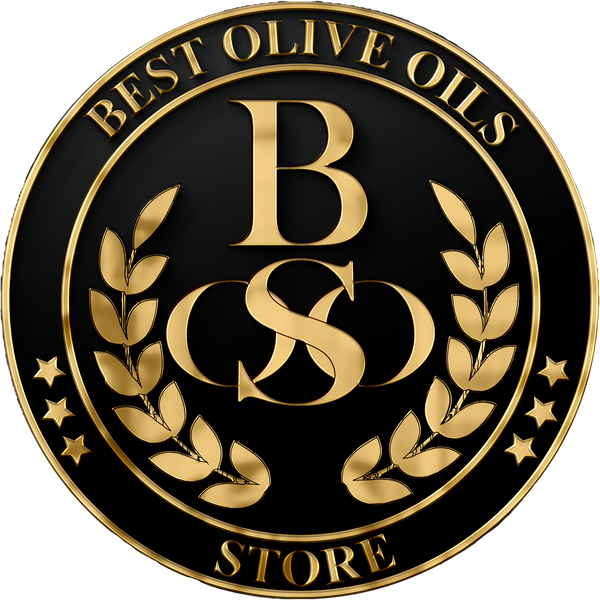
Awards



The Island of Corfu is famed for its delicious olives. The Island is said to have some four million olive trees, some more than 500 years old. During the four hundred years of Venetian Rule, the Corfiots were paid to plant and cultivate olive trees, replacing the old trees with new vigorous olive groves that flourished in Corfu's lush climate.

HISTORY
The Theotoky family are an old landowning family in Corfu Island, Greece, several members of which have been prominent politicians. They originally hailed from Constantinople, whence they fled following its fall to the Ottomans, eventually settling in Corfu. The painter El Greco (Domenico Theotokopoulos) was descended from a branch of the same family that fled to Crete. The Corfiot branch was ennobled with the title of Count by the Republic of Venice and was entered in the Libro d'Oro, but their titles lapsed in Greece when the Ionian islands became part of the Kingdom of Greece, which did not recognise noble titles. The various branches are: The Calocardári, the Sclebúni, the Statháchi, the Sammárco, the Andrucélli, and the D'Aviázzo. The latter developed a tradition of public service and were further nicknamed the Politikoí (Politicians).
The Theotoky family is one of the oldest families in Greece and the Estate has been in the family for generations. John Theotoky, father of the current owner, Georges Theotoky, studied at the famous Universität für Bodenkultur (University for Agriculture) in Vienna and was deeply attached to the land.
John devoted himself to politics after the tragic death of his brother Nicolas Theotoky who, as Minister of War, was executed in 1922 by the opposition, after the loss of the Asia Minor Campaign. He served three times as Minister of Agriculture and in 1950 as his father had been before him became Prime Minister of Greece.



Georges Theotoky, the son of John Theotoky, took over the Estate in the 60's, at a time when wine making in Greece was almost nonexistent, in a commercial way. The development of the Theotoky Estate, has been George's and his Italian wife's Claudia's passion ever since and their delectable red and white wine has become among the most celebrated estate bottled vintages in Greece. Under George's direction, the cellar has been completely renewed and modernised, bringing its production methods up to modern high standards, whilst maintaining the traditional appearance of the buildings which house the old barrels and bottles.

OLIVE OIL
The Island of Corfu is famed for its delicious olives. The Island is said to have some four million olive trees, some more than 500 years old. During the four hundred years of Venetian Rule, the Corfiots were paid to plant and cultivate olive trees, replacing the old trees with new vigorous olive groves that flourished in Corfu's lush climate.

At the Theotoky Estate, the olives are early harvested by mechanical olive shakers that drop them onto fine nets laid out around the trees. Then the olives are sent to the mill the very same day to be pressed.
Firstly, the olives are sieved and sorted in order to remove any unwanted leaves and twigs. Afterwards the olives are thoroughly washed, and are carried into the grinder which converts them into olive paste. The paste is then put into a malaxer for about 45 minutes and when the olive oil starts to appear on the surface of the paste, then the latter is transferred into the centrofuge where the olive oil is extracted from the paste.
The second step is malaxing the olive paste. Malaxation is the process where the olive paste is mixed and churned for 25-45 minutes, in order to force the droplets of olive oil to separate more easily from the olive paste. This in turn gives time for essential enzymatic reactions to take place ensuring the delicious aroma and taste of the Theotoky olive oil.
After the malaxation, the olive paste is transferred into the centrofuge where the olive oil is extracted from the paste.
Difference between cold pressed and cold extracted olive oil
Firstly, cold pressed and cold extraction refer to oils that aren't heated over 27°C/80°F during processing, thus retaining more of their nutrients.
Cold pressed oil is made by pressing olives the traditional way (the olives are crushed with a millstone and the resulting paste spread out on "scourtins", that is to say plant mats, in a circular shape which were then placed under a press).
Cold extraction is oil obtained using a centrifuge as described above.
In the cold extraction process the oxygen does not come into contact with the oil thus no oxydation takes place, which helps to increase its organoleptic qualities, and in addition increased the extracted polyphenols. Moreover, cold extraction helps to preserve healthy olive components such as minerals, vitamins and antioxidants (POLYPHENOLS).
By using cold extraction methods, extra virgin olive oil producers favor quality over quantity; so while the production size is less the quality of extra virgion olive oil is significantly higher.
The superior quality of the Theotoky Estate Organic Extra Virgin Olive Oil, which is the result of the production process described above, was recognized in the 2017 London International Olive Oil Competition, where it was awarded the Bronze Medal. In 2021 it was awarded the SILVER MEDAL at the CANADA IOOC and the GOLD MEDAL at the Dubail IOOC.
The THEOTOKY EXTRA VIRGIN OLIVE OIL also has obtained the EU HEALTH CLAIM LABEL due to it´s high content in POLYPHENOLS.


